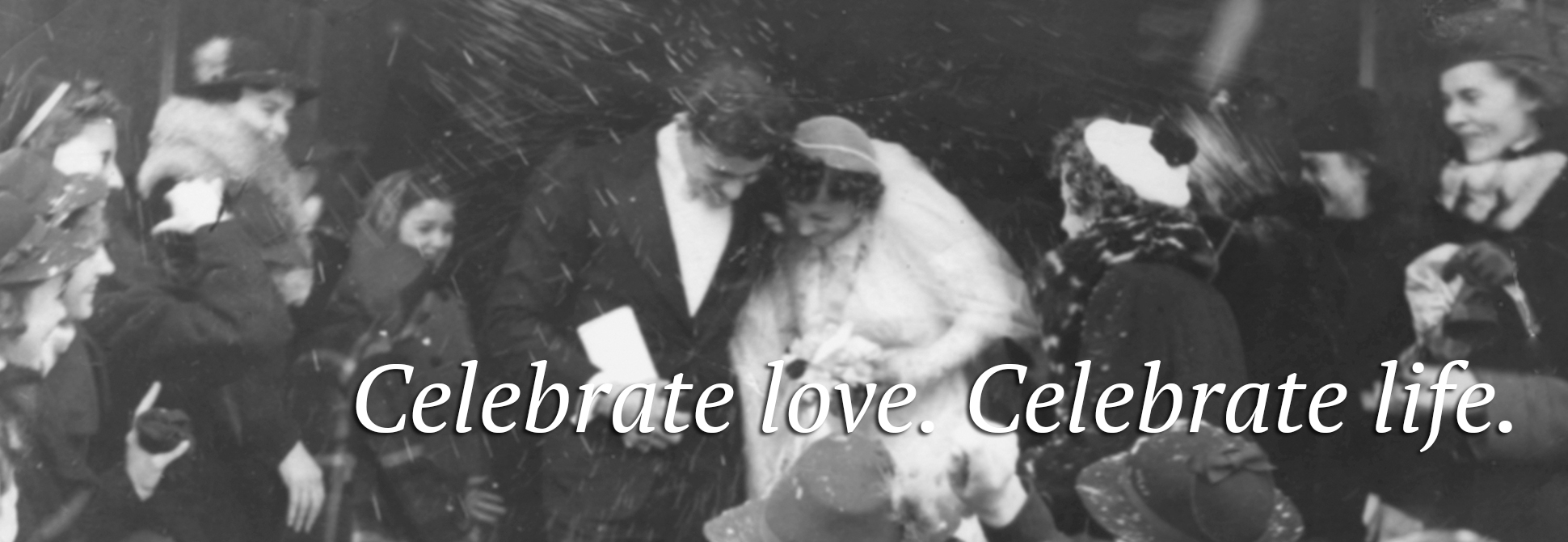What is the coroner and what do they do?
The coroner is a county government official who is elected by county residents by typical voting procedure. Although the office is usually held by physicians or, sometimes funeral directors, all citizens that meet election requirements are eligible to run for office. The purpose of the coroner is to investigate the evidence surrounding particular deaths in order to determine the cause and manner of the death. This investigation is required in deaths resulting from accidents, homicide, suicide, unexplained, and, often, unattended deaths. In cases that enter litigation, the coroner is required to testify to the findings related to the investigation. The Lancaster County Coroner does not necessarily perform autopsies but is often present while the procedure is being completed by the pathologist. The coroner appoints several deputy coroners throughout the county to assist in the various duties. The coroner also collaborates closely with other county, state, and federal agencies as necessary. Although the coroner receives a modest salary, he or she is a true public servant.







Comments